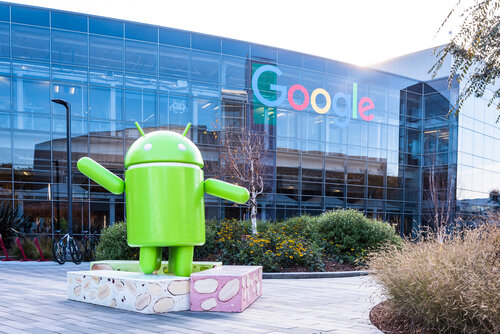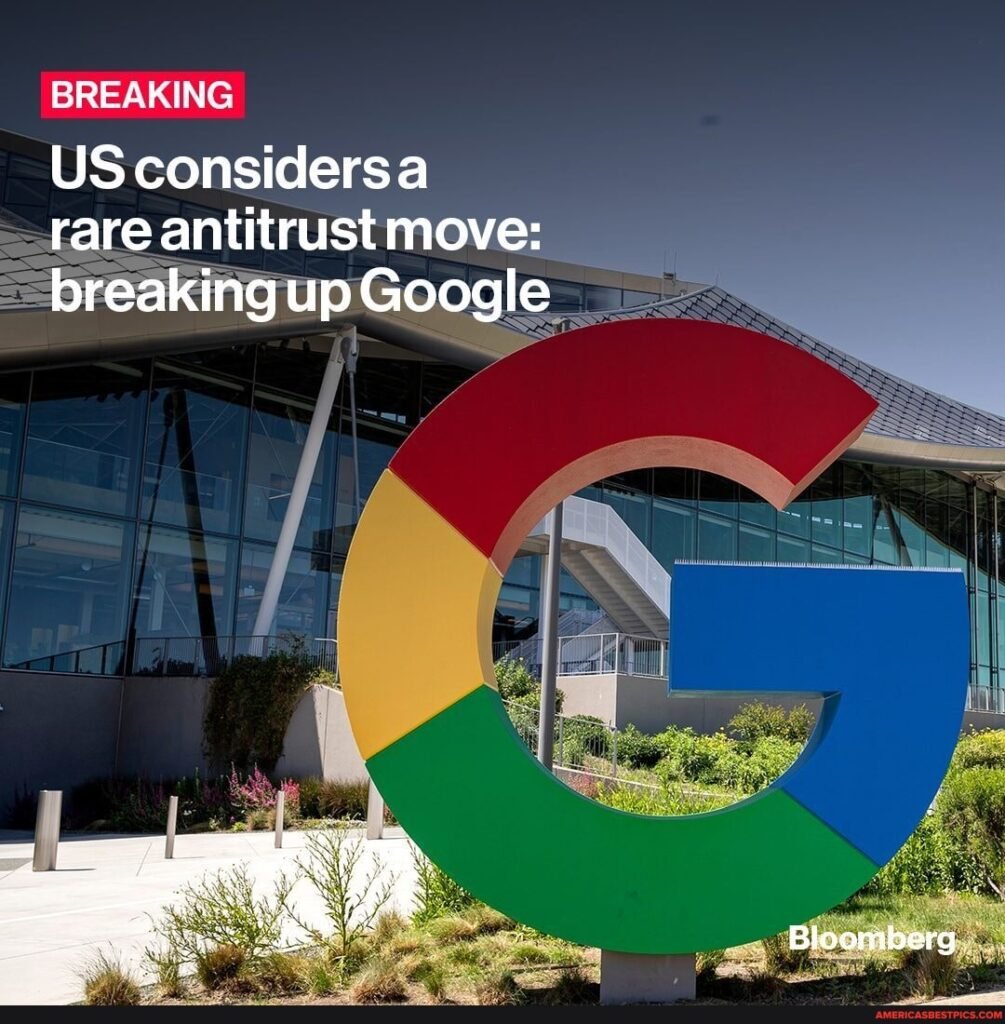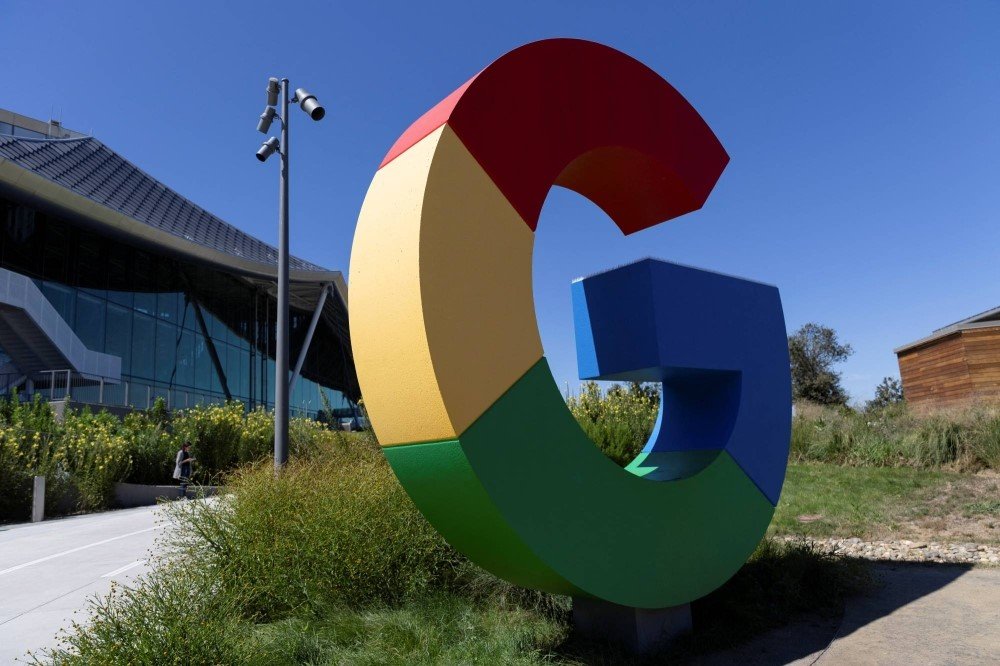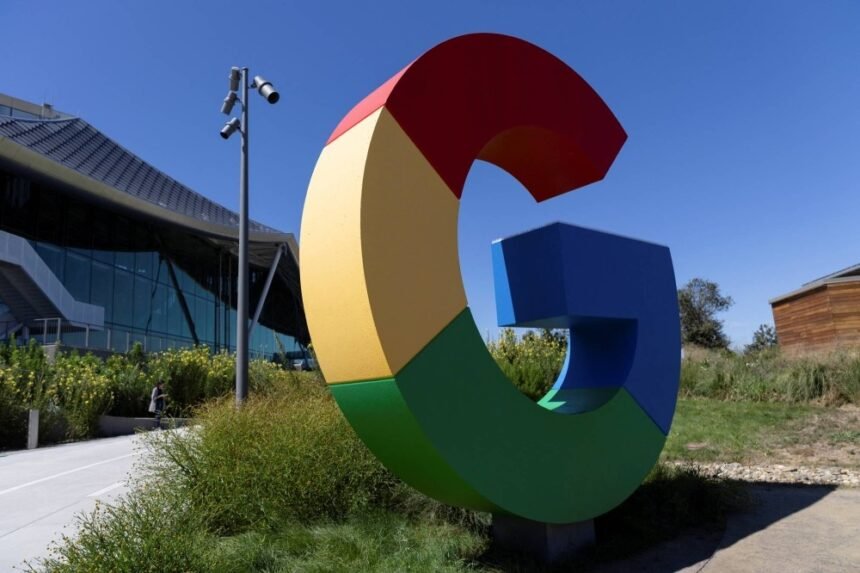The U.S. government is considering the possibility of taking a rare antitrust action against Google

which could potentially involve breaking up the tech giant. This move would represent a significant escalation in efforts to curtail the power of large technology companies and address concerns about monopolistic practices.
The Justice Department and several state attorneys general have been investigating Google for allegedly engaging in anti-competitive behavior, particularly in its search and advertising businesses. These investigations have focused on whether Google has unfairly maintained its dominance in the market, stifled competition, and harmed consumers.
Breaking up Google would be an extreme measure, reminiscent of past actions taken against monopolies like AT&T in the 1980s. The idea would be to separate Google’s various business units—such as its search, advertising, and YouTube operations—into independent companies. Proponents argue that this would foster more competition, reduce Google’s influence, and encourage innovation in the tech sector.
However, such a move would be legally and logistically complex, likely involving lengthy court battles and significant pushback from Google and other stakeholders. The potential breakup would also have far-reaching implications for the tech industry, possibly setting a precedent for how other dominant firms are regulated in the future.
This consideration comes at a time when there is growing bipartisan support in the U.S. for stricter regulation of Big Tech, with concerns about data privacy, misinformation, and market concentration driving calls for reform.
Could Google be forced to sell its Android and Chrome business?
The U.S. Department of Justice is reportedly considering a major antitrust action that could force Google to sell its Android and Chrome businesses. This move is part of a broader investigation into whether Google has used its dominance in these markets to stifle competition and harm consumers. If the DOJ proceeds with this action, it could lead to one of the most significant breakups of a tech giant in history.

Ads business in google also under radar
The U.S. Department of Justice is also scrutinizing Google’s ads business as part of its broader antitrust investigation. Officials are concerned that Google’s dominance in digital advertising might be limiting competition and harming consumers. This scrutiny is part of a larger consideration of potential actions, which could include requiring Google to divest some of its business operations, including Android, Chrome, and its advertising technology. The goal is to curb Google’s market power and foster a more competitive landscape in the tech industry.
Or Google could be mandated to share more data with competitors
In addition to potential divestitures, the U.S. Department of Justice is considering whether to mandate that Google share more of its data with competitors. This measure would aim to reduce Google’s dominance by leveling the playing field in areas such as search and digital advertising, ensuring that competitors can operate on a more equal footing. These actions are part of a broader effort to increase competition and prevent monopolistic practices in the tech industry.

The U.S. Department of Justice is considering breaking up Alphabet Inc.’s Google after a court ruled the company monopolized the online search market. This would be the first major effort to dismantle a company for illegal monopolization since the Microsoft case two decades ago. Alternatives being considered include forcing Google to share more data with competitors, restricting exclusive contracts, and possibly divesting units like Android, Chrome, or AdWords. These measures aim to curb Google’s dominance and ensure fair competition, especially in AI products.
The U.S. Department of Justice’s plan to potentially break up Google will require approval from Judge Amit Mehta, who would enforce compliance. A breakup would be the largest since AT&T in the 1980s. The Justice Department is concerned that Google’s dominance in search gives it an unfair advantage in AI development. To address this, the government might seek to prevent Google from compelling websites to allow their content to be used in its AI products as a condition for appearing in search results.

conclusion
breaking up Google’s Android operating system as a remedy for its monopolistic practices. Android, used on approximately 2.5 billion devices worldwide, is central to the case due to Google’s agreements with device makers. These agreements ensure that Google’s search widget and Chrome browser are pre-installed and cannot be deleted, effectively blocking competition. Judge Amit Mehta found these practices anti-competitive, strengthening the case for potential divestiture.






